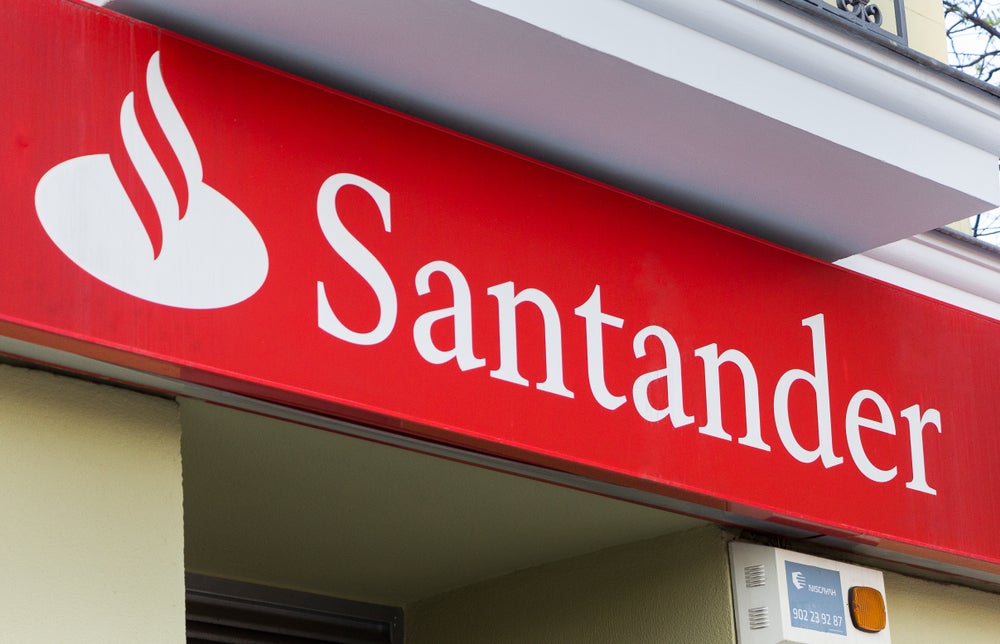
The threat of further US investigations was one of the key reasons for Swiss banks Lombard Odier and Pictet to end their centuries-long tradition of unlimited partnership, an industry analyst has suggested.
Private banks Lombard Odier and Pictet separately announced an end to their unlimited partnership on 6 February.
The shift comes a month after Switzerland’s oldest bank, Wegelin & Co, closed down after pleading guilty to charges of conspiracy in helping more than 100 US taxpayers avoid paying up taxes to the Internal Revenue Service (IRS) on up to $1.2bn held in offshore accounts, for almost a decade.
Lombard Odier and Pictet said the shift away from unlimited liability had been a longdebated call, and that it had "nothing to do" with Wegelin’s recent tragic fate.
Director of corporate finance at PwC Zürich Martin Schilling said he saw three main reasons for Pictet and Lombard Odier’s shift in structure, with "the US-claim risk being the main driver, as well as risks that could come from other jurisdictions".
How well do you really know your competitors?
Access the most comprehensive Company Profiles on the market, powered by GlobalData. Save hours of research. Gain competitive edge.

Thank you!
Your download email will arrive shortly
Not ready to buy yet? Download a free sample
We are confident about the unique quality of our Company Profiles. However, we want you to make the most beneficial decision for your business, so we offer a free sample that you can download by submitting the below form
By GlobalDataOwner personal risk and flexibility were the other two main drivers, he added.
PBI understands that Pictet & Cie’s wealth management unit, which dealt with US clients, will still be under US authorities’ scrutiny.
While Pictet said the U-turn was "a way of improving the coherence of the group’s organisation", Schilling said the large Swiss private banks’ move came as no surprise as "they took into consideration the case of Wegelin".
"It makes absolute sense for the bigger banks to move away from limited liability because a potential claim emanating from the US could be quite heavy for owners," he said.
The departure of Pictet and Lombard Odier means the Swiss Private Bankers Association, whose members still act under unlimited partnerships, will be reduced to nine (see table).
Schilling said that the future could see some of these banks with unlimited liability shifting towards an independent asset manager model, while others could become more risk averse or stay put.
"Frankly speaking, I don’t think we will see many other smaller banks [left in the group] taking the same road in the next few weeks or months," said Schilling.
Consultants at PwC say to expect consolidation in the Swiss market over the next two to three years, with "a number" of smaller banks disappearing as a result of M&As or an increased number of liquidations.
Both banks said the shift did not mean they were looking for an increase in capital to fund overseas expansion.
Following the change, Lombard Odier’s banking activities in Switzerland will remain under the ownership of its existing eight managing partners, and will be managed as a limited company – which is already the case for all operational subsidiaries of the group.
The new legal structure will become the holding company of all operating entities of Lombard Odier Group, which saw a 15% increase of its assets under management to $205.9bn as of 31 December 2012.
As for Pictet, the group’s Swiss bank, currently the only operating entity that has the legal form of a general partnership, will become a limited company alongside its Luxembourg, Nassau and Singapore divisions.
According to Pictet, the bank will gain in consistency and transparency, as the new structure requires the banks to publish a consolidated annual report for the groups.
While the new structure will bring together the management of its group operating companies, the bank will also implement an independent supervisory board for the corporate partnership structure.
The new legal structures will take effect on 1 January next year, subject to regulatory approval from Swiss authorities.







